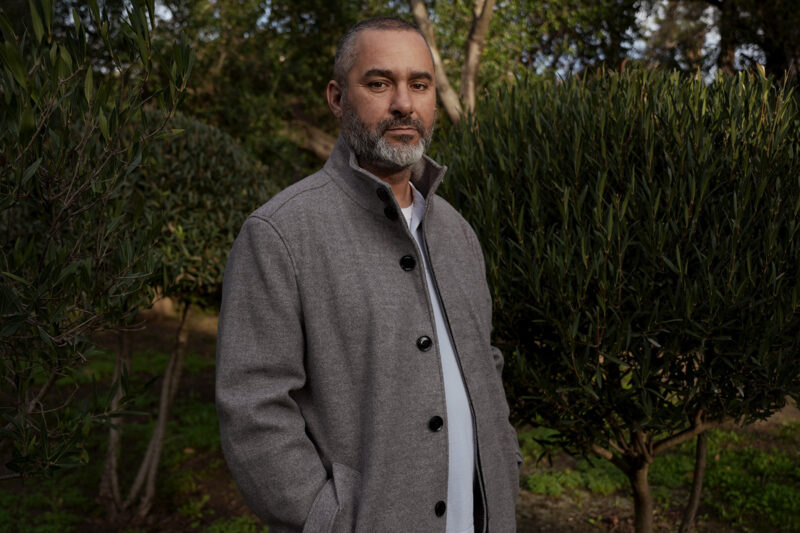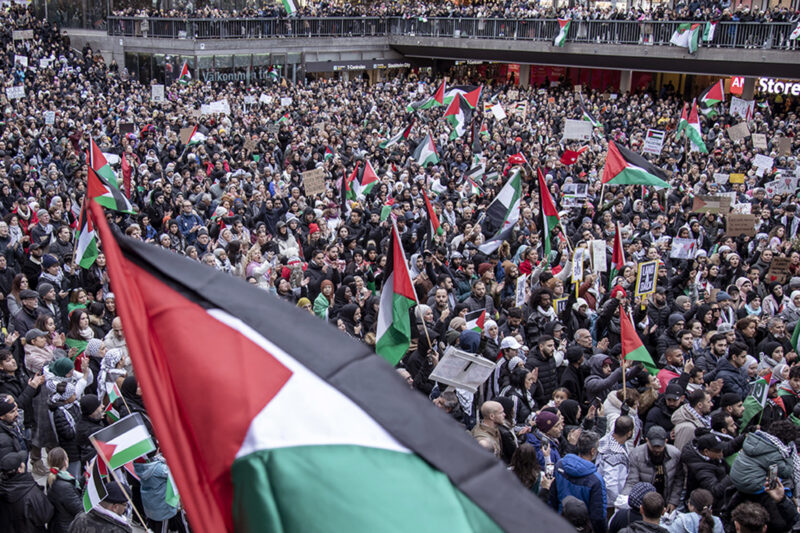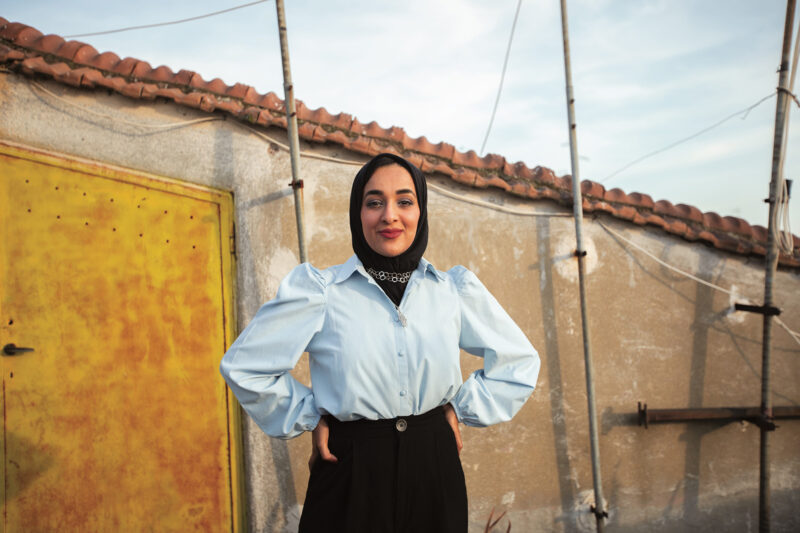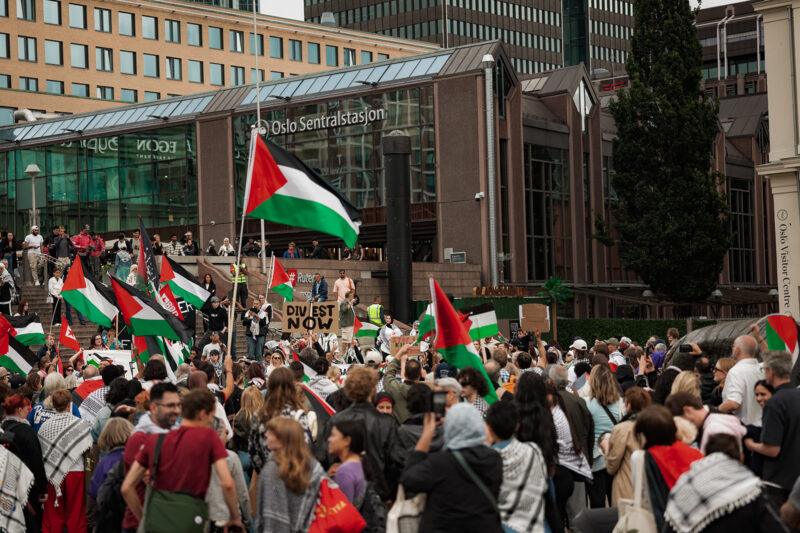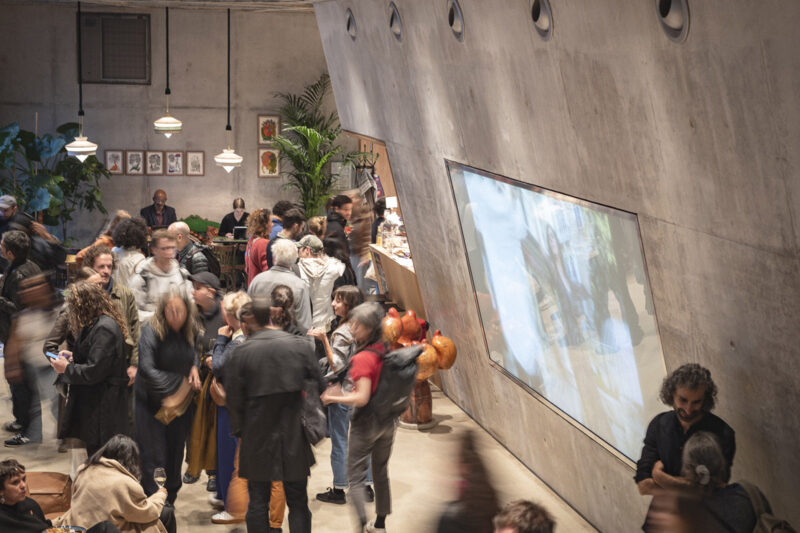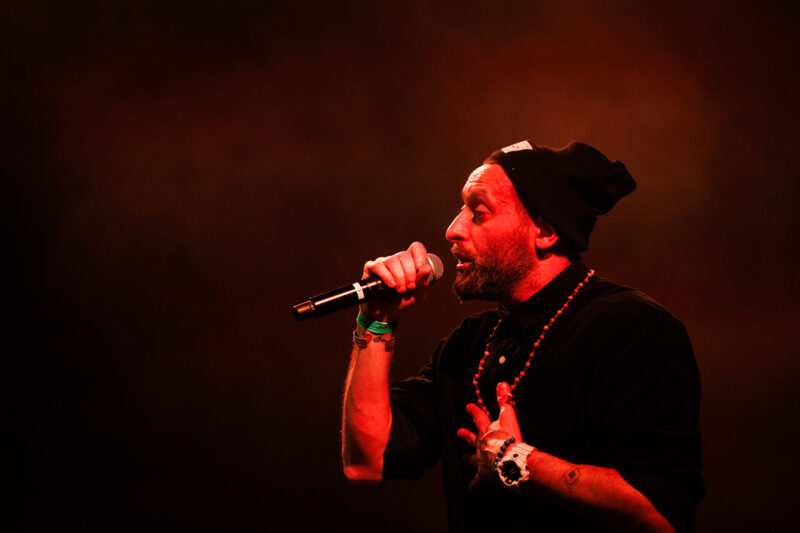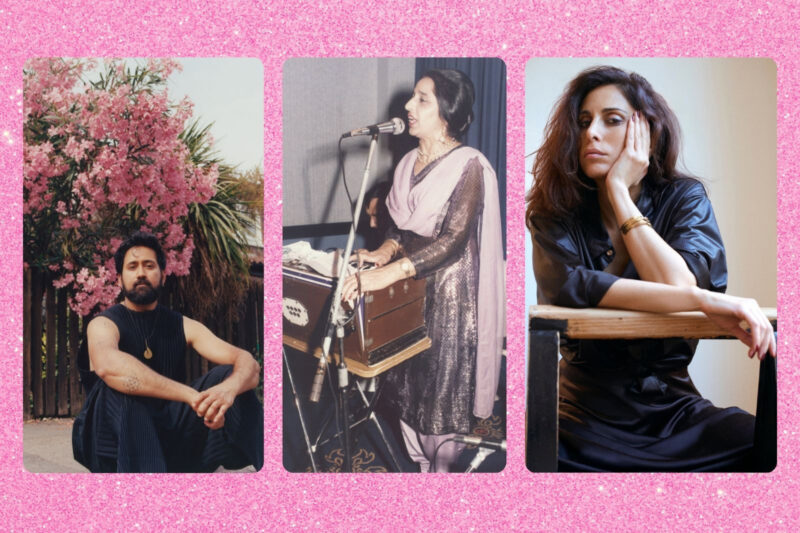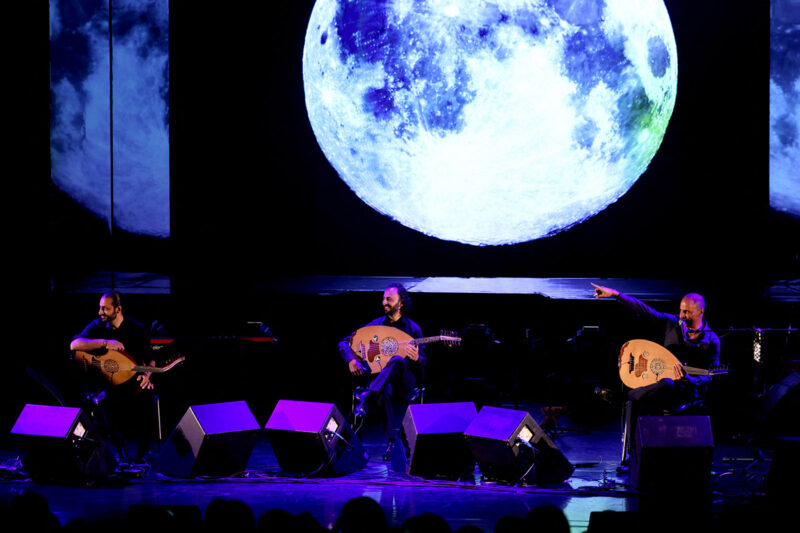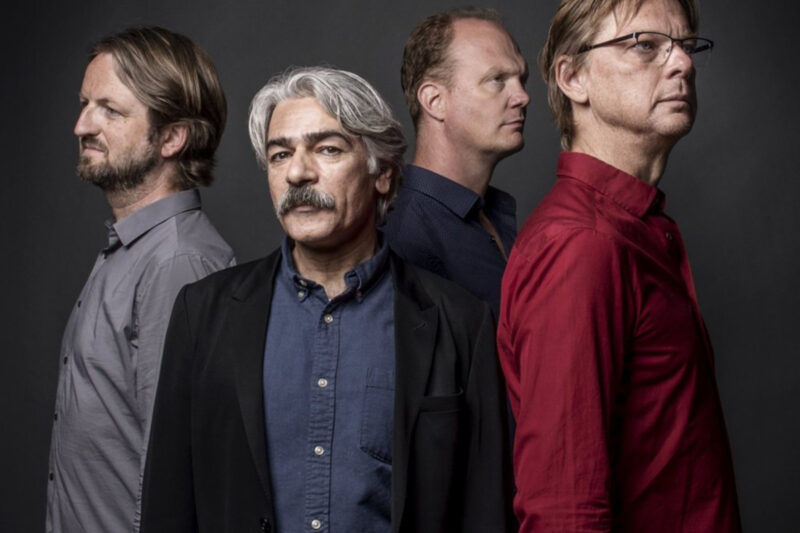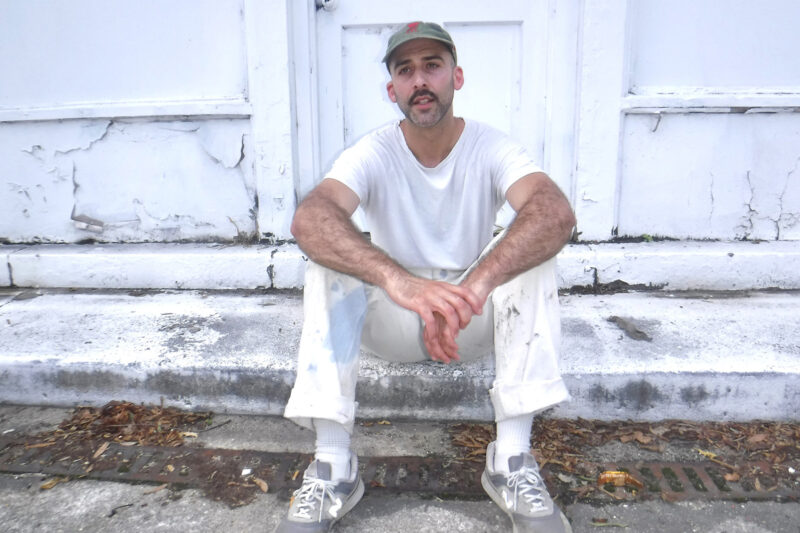A 50-year-old Swedish protest song has become an anthem for Palestine
George Totari believes the resurgence of his 1970s hit Leve Palestina shows that a new generation wants more political engagement from their artists
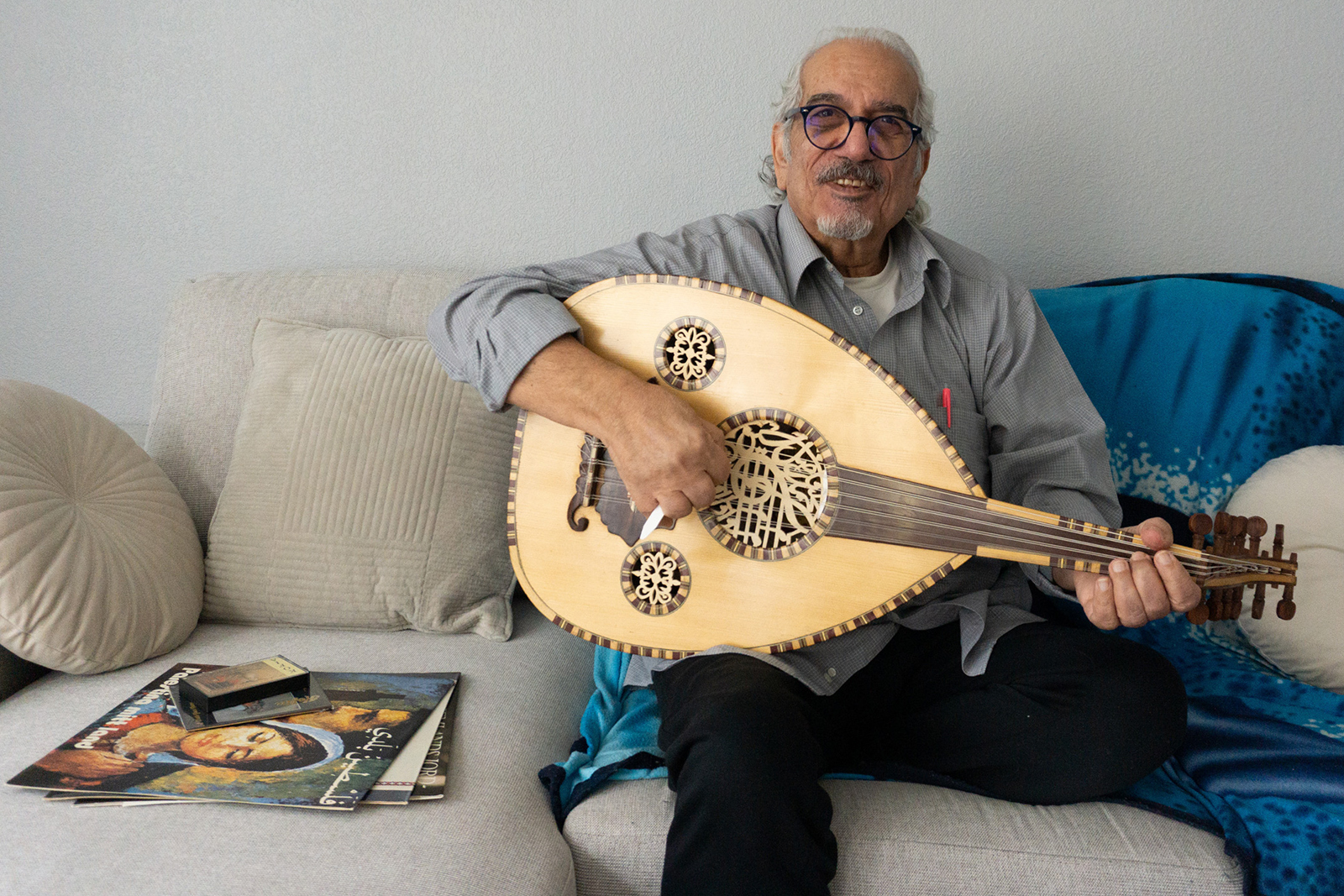
It all started with a video: 30 seconds of footage showing a rainy square in Stockholm filled with people waving Palestinian flags and calling for an end to Israel’s war on Gaza. The clip, filmed in October 2023, is similar to thousands of others shot at demonstrations in solidarity with Palestine across the world, except for the decision of a little-known Swedish TikToker to add the 1970s protest song Leve Palestina (Long Live Palestine) as a soundtrack. It has now been viewed more than five million times on TikTok alone.
The song’s chorus has been chanted at demonstrations in Sweden since it was written by Palestinian songwriter George Totari of the band Kofia (keffiyeh) 50 years ago. Now it can be heard at protests from Jakarta to Istanbul and Madrid, and has been translated into Indonesian, Hindi and English.
Inside his studio-apartment in Gothenburg, a now grey-haired Totari, 78, sips his coffee and remembers the world when he wrote Leve Palestina. When he moved to Sweden in the 1960s from his occupied home in Nazareth, being pro-Palestinian was not acceptable. “People said that there was no such thing as Palestinians. But there I was. I wanted to tell them about my people and our struggle,” he says.
As he recalls, most Swedes knew nothing about the struggle for Palestinian independence, that millions of Palestinians live in exile or why. Motivated by that lack of knowledge, in 1972 Totari formed Kofia with five Swedish musicians. The group’s music, which combines classical western instruments such as the mandolin and flute with Arabic drums and oud, quickly gained popularity in Sweden’s left-leaning circles. During the band’s most active years in the 70s, Kofia would often perform at demonstrations, supporting causes from labour rights to the opposition of apartheid in South Africa.
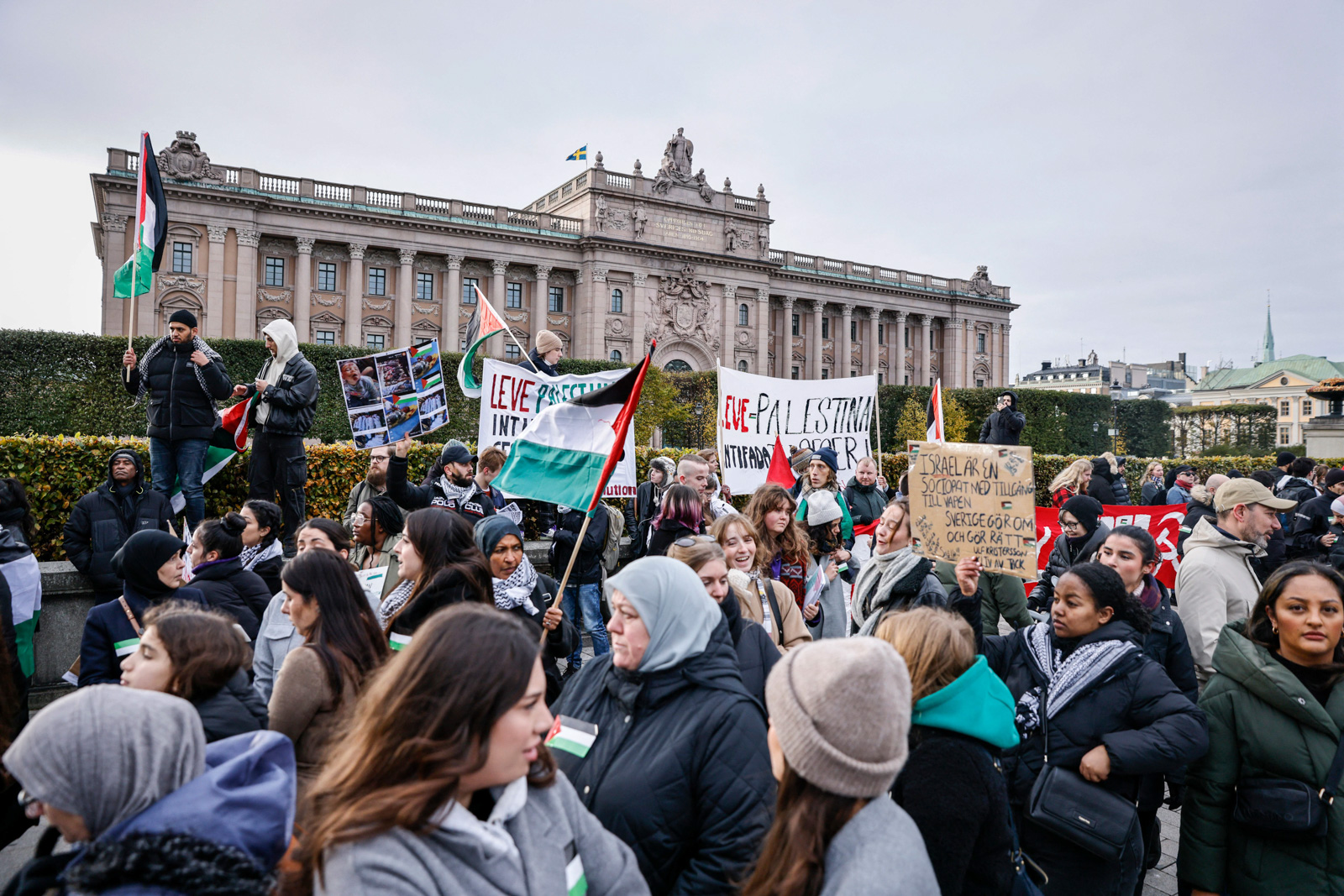
Since its formation, Kofia has released five albums featuring songs about Palestinian resistance, but Leve Palestina is the track that has earned the most recognition, and the most criticism. Its lyrics, which repeatedly call for an end to Zionism, have drawn strong reactions in Sweden, especially from those who equate opposition to the ongoing, illegal occupation of Palestinian land with opposition to the Israeli state and, therefore, the Jewish people. In 2019, a social democratic youth group was reported to the police, accused of hate speech, because its members had chanted the song’s lyrics during a demonstration.
In the six months since the revival of Leve Palestina, those accusations have resurfaced. Sweden’s minister of migration Maria Stenergard recently tweeted a clip from a demonstration where the song was chanted, writing: “In the middle of the city where I grew up, people now stand openly to express their antisemitism. We have hard work ahead of us.”
Totari counters that accusations of antisemitism are not only unfounded but an attempt to silence support of the Palestinian struggle. “The song is not about Jews. We are all human. It’s about freedom,” he says. “It is a human right to fight occupation and Palestine is occupied.”
As the Israeli assault on Gaza approaches its sixth month, Totari believes that musicians in exile play a crucial role in spreading awareness of the historical context of the conflict. And so, instead of mourning in front of the news on TV, he has tried to focus on creative resistance. Every night, before going to sleep, he scribbles poems and new lyrics. “Music to me is a way to breathe and sleep — otherwise I can’t,” he says. “It’s a way to fight prejudice and to stand up for love and justice.”
He is proud that a song he wrote 50 years ago has become an international sensation in 2024, but he doesn’t consider it a personal success. “People think I’m a millionaire now because Leve Palestina has gone viral,” he laughs. “But while the song has grown, I am still small. I don’t grow with it. It’s simply a documentation of what is happening to us.”
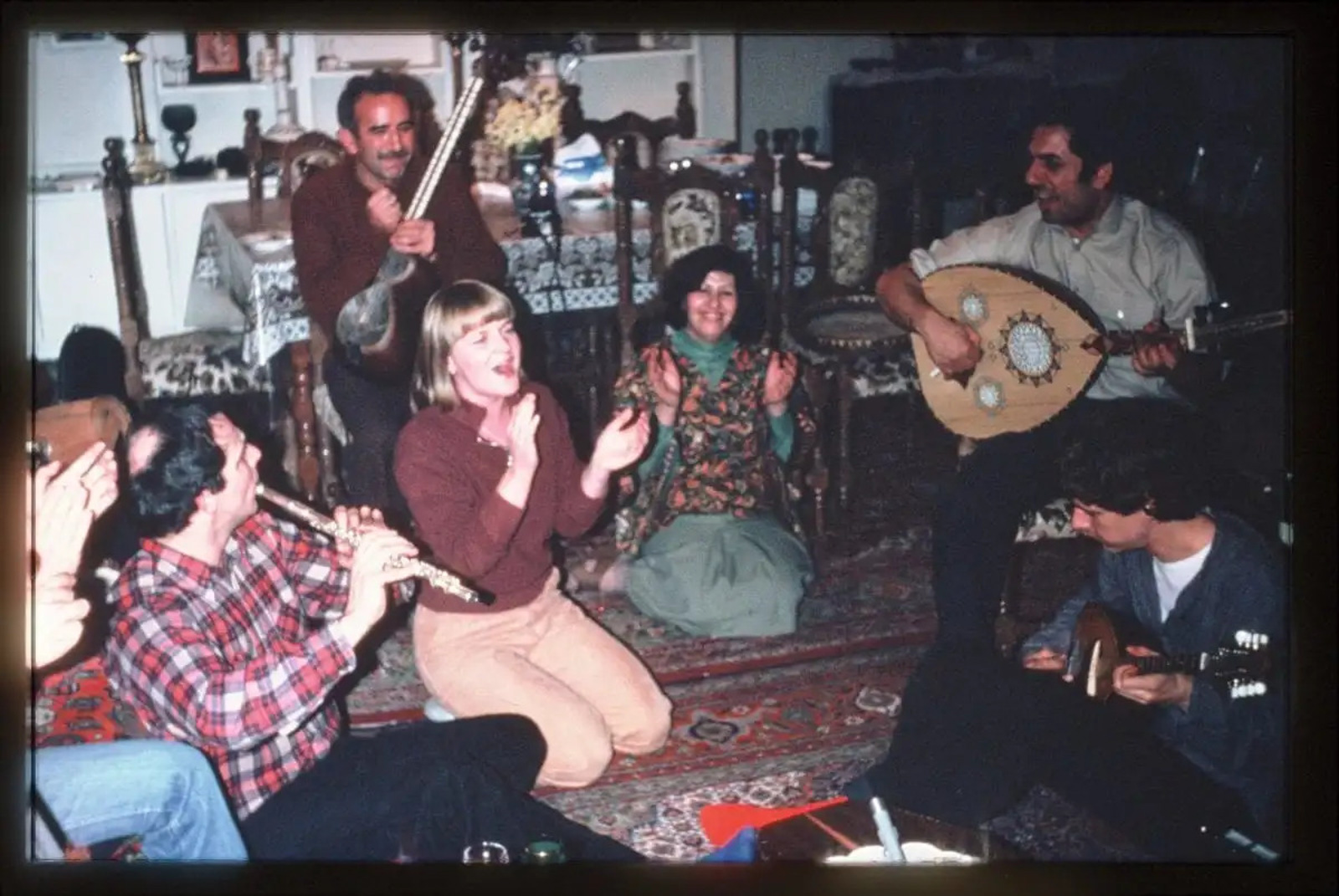
Totari believes the message of resistance in Kofia’s music is the driving force of its renewed popularity. He sees it appealing to a new and more politically engaged generation, with a greater understanding and curiosity about the injustices of the occupation of his homeland.
Totari may have retired — for several decades he ran a Palestinian restaurant, Silvis, in Gothenburg — but his political commitment has not cooled. He is a fixture at rallies, demonstrations and galas in support of Palestine, dressed in his trademark black and white keffiyeh. Every now and then fans approach him to show their appreciation.
“Other Palestinians feel as if our music has given them an identity in exile,” he says. “But we are not only singing for Palestine. The song has become a freedom anthem for every nationality.”
 Newsletter
Newsletter



